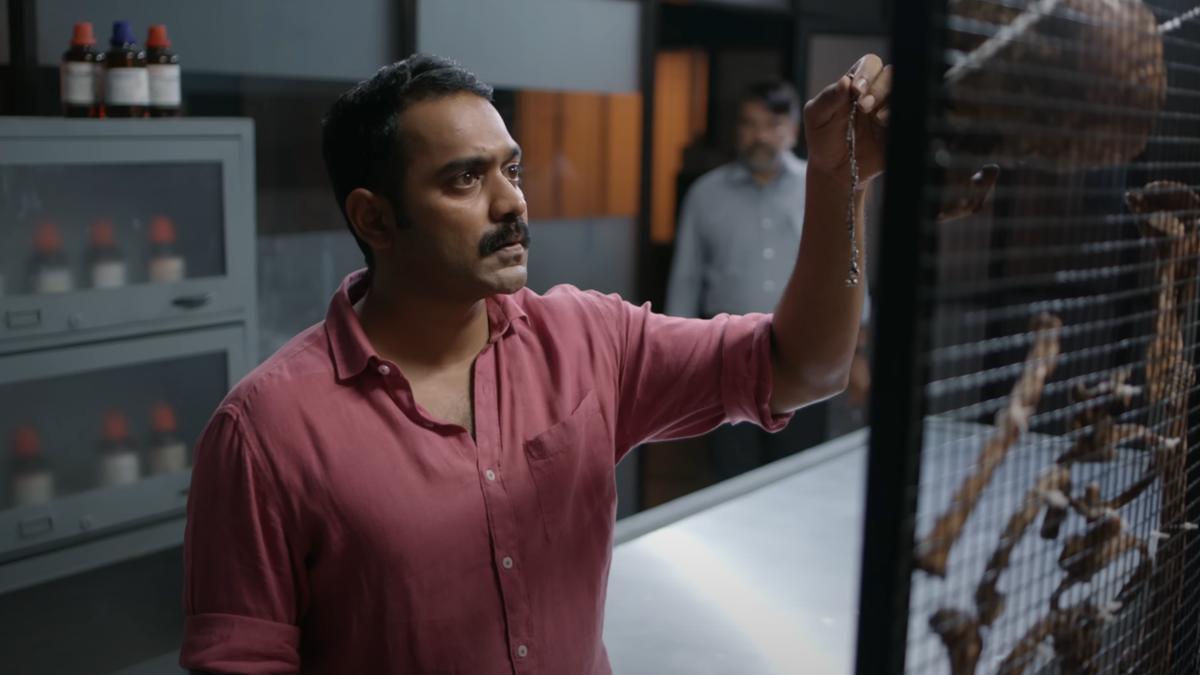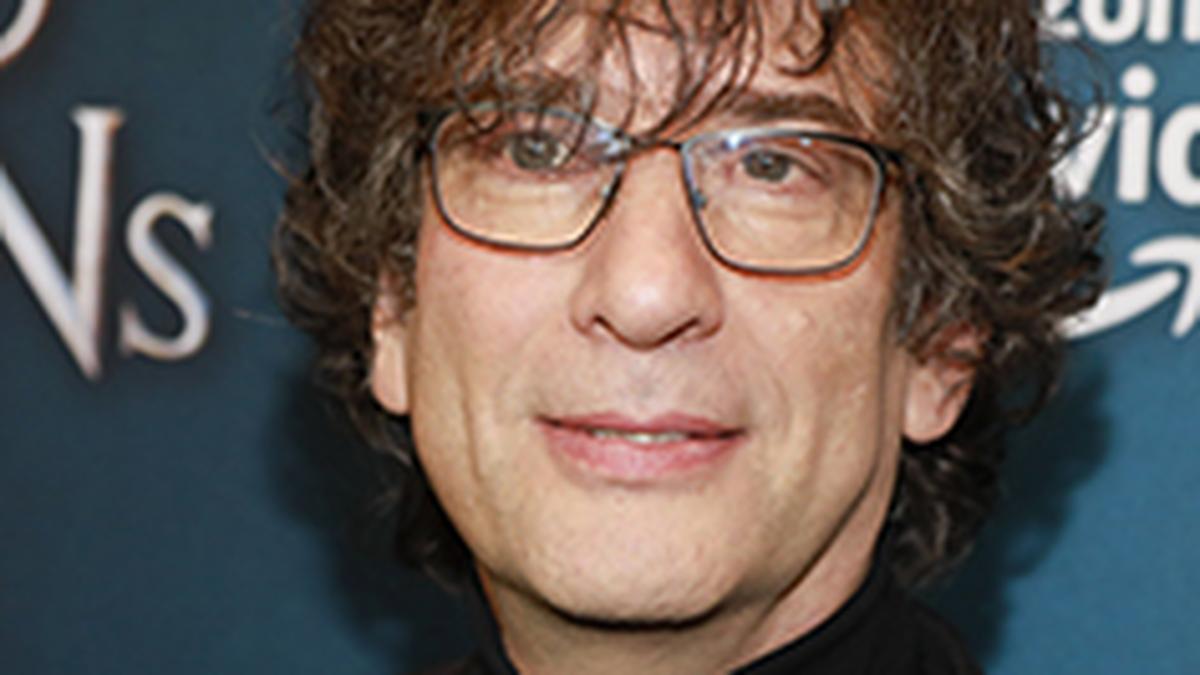
The Supreme Court of India has raised serious concerns regarding the integrity of the National Eligibility cum Entrance Test for Undergraduates (NEET-UG) 2024. On Monday, the court indicated that if the sanctity of the exam is compromised due to a question paper leak that has been disseminated through social media, a re-test must be conducted. The judiciary sought detailed information from the National Testing Agency (NTA) and the Central Bureau of Investigation (CBI) about the timing and extent of the question paper leak and the lapse between the leak and the actual examination.
Chief Justice D Y Chandrachud, heading the bench along with Justices J B Pardiwala and Manoj Misra, emphasized that if the question paper leak was facilitated through platforms like Telegram, WhatsApp, and other electronic means, it would spread rapidly. “It spreads like wildfire,” remarked the bench. The justices underscored the gravity of the situation by stating, “One thing is clear that a leak of question paper has taken place.”
The Supreme Court firmly asserted that should the sanctity of the exam be lost, a re-test becomes imperative. “If we are unable to identify those who are guilty, then a re-test has to be ordered,” observed the bench. Additionally, the court pondered the implications of the leak’s propagation via social media, suggesting that it too necessitates a re-test. “Let us not be in self-denial about what happened,” the bench added, further querying, “Assuming that the government does not cancel the exam, what will it do to identify the beneficiaries of the question paper leak?”
This judicial scrutiny arose from over 30 petitions relating to the NEET-UG 2024 exam plagued by accusations of irregularities and malpractices, including petitions demanding the exam’s re-conduct. The court noted significant anomalies, pointing out that 67 candidates had scored a perfect 720 out of 720, a notable deviation from previous years’ trends. “In the previous years, the proportion was very low,” the justices noted.
. They sought further clarification from the Centre about how many individuals had benefitted from the leak and what actions had been pursued against them.
The court demanded answers concerning the withheld results of wrongdoers and an analysis of the beneficiaries’ geographical distribution. Concurrently, the bench is also hearing a separate case brought by over 50 successful NEET-UG candidates from Gujarat, who have sought to prevent the Centre and NTA from annulling the exam.
During the hearing, attorneys representing aggrieved parties argued for the exam’s cancellation, citing reasons like paper leaks, OMR sheet manipulations, impersonations, and outright cheating. Contrarily, the Centre and the NTA, in their affidavits, contended that nullifying the exam would be “counterproductive” and would “seriously jeopardize” the futures of thousands of honest candidates, given the absence of any substantial proof of a large-scale confidentiality breach.
NEET-UG, conducted by the NTA, is a pivotal exam for admissions into MBBS, BDS, AYUSH, and other related courses in both government and private institutions across India. The allegations and subsequent findings have sparked student protests in numerous cities and political clashes between rival parties, showcasing the deep unrest stirred by these accusations.
On June 13, as an interim measure, the Centre and NTA informed the court about their decision to revoke the grace marks awarded to 1,563 candidates. These candidates were provided with the option to either sit for a re-test or forfeit the compensatory marks given for the lost time. The revised rank list was announced by the NTA on July 1, following the re-test held on June 23.
The ongoing scrutiny and hearings continue to underline the gravity of ensuring that competitive examinations remain free from malpractices and unfair advantages, maintaining the integrity and fairness that are crucial for aspiring medical students across the nation.
(Except for the headline, this story has not been edited by DNA staff and is published from PTI)










